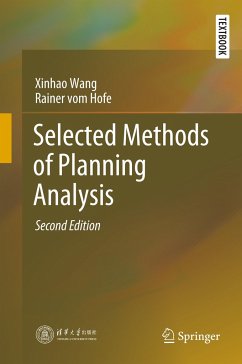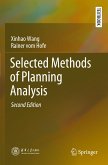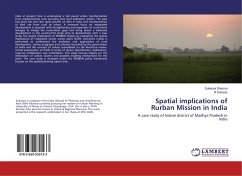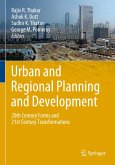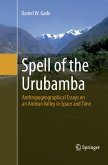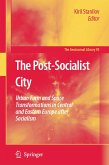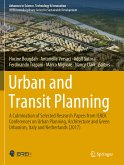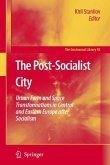This textbook introduces fundamental methods related to planning assessment and impact analysis, which aid planners in answering the following crucial questions:
· "Who are the people living here?" (demographic analysis);
· "In what activities are people involved?" (economic analysis);
· "Where in the region do these activities occur?" (land use analysis);
· "How are people and their various human activities connected spatially?" (transportation analysis).
Planners face a large variety of analytical tasks, requiring a wide range of skills, and they not only need to consider the question of "how," they also have to know "where" and "when" to apply the appropriate methods. As such, the book includes a set of exercises and questions at the end of each chapter to address this need. It offers undergraduate and graduate students insights into the limitations, constraints and assumptions embedded in the selected analytical methods to help them make an informed selection. It is also an invaluable reference resource for planning professionals. This is the 2nd edition of Research Methods in Urban and Regional Planning (2007). In this revision, some chapters are significantly revised and replace Chapter 5 on input output analysis with a new chapter on financial analysis.
· "Who are the people living here?" (demographic analysis);
· "In what activities are people involved?" (economic analysis);
· "Where in the region do these activities occur?" (land use analysis);
· "How are people and their various human activities connected spatially?" (transportation analysis).
Planners face a large variety of analytical tasks, requiring a wide range of skills, and they not only need to consider the question of "how," they also have to know "where" and "when" to apply the appropriate methods. As such, the book includes a set of exercises and questions at the end of each chapter to address this need. It offers undergraduate and graduate students insights into the limitations, constraints and assumptions embedded in the selected analytical methods to help them make an informed selection. It is also an invaluable reference resource for planning professionals. This is the 2nd edition of Research Methods in Urban and Regional Planning (2007). In this revision, some chapters are significantly revised and replace Chapter 5 on input output analysis with a new chapter on financial analysis.

